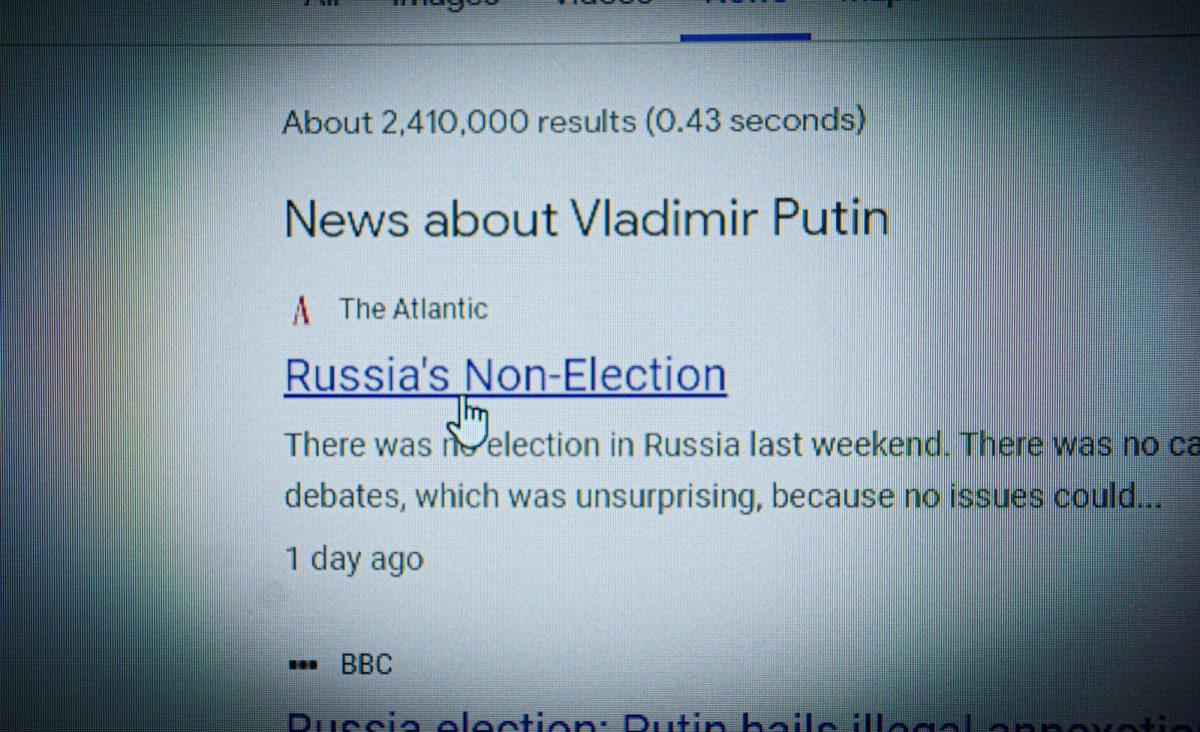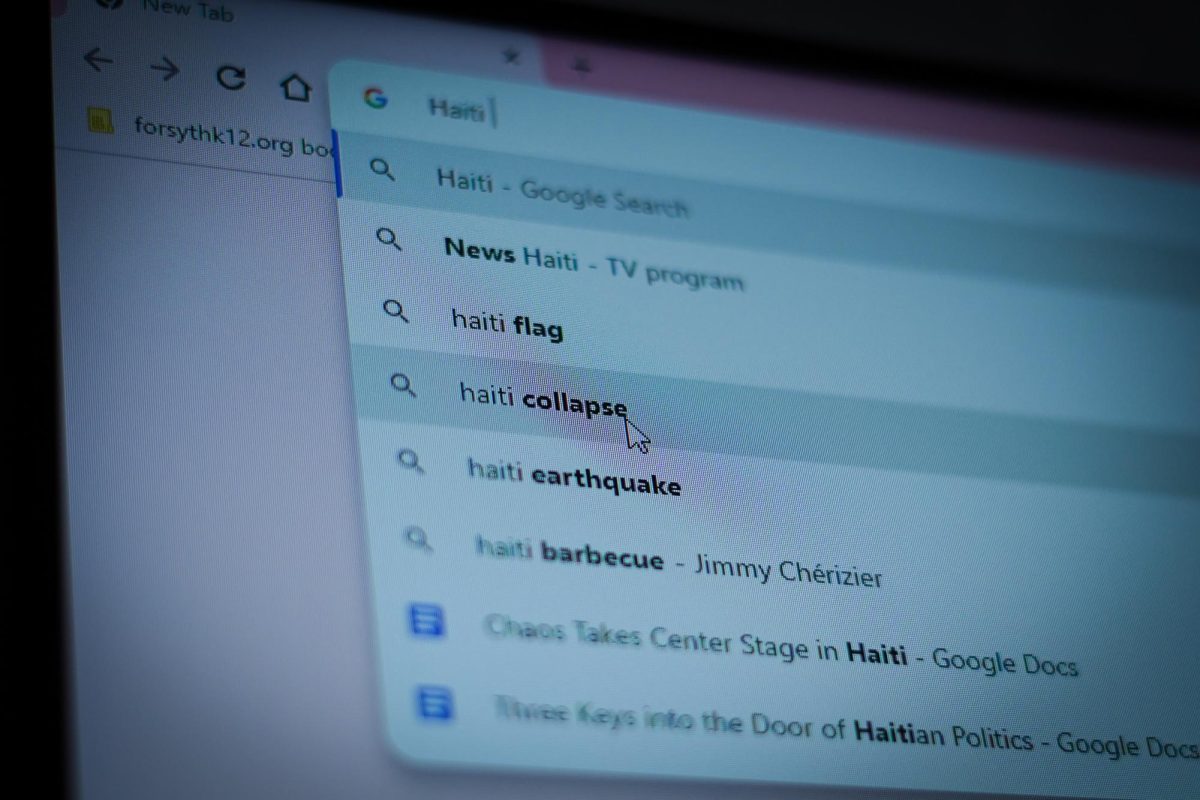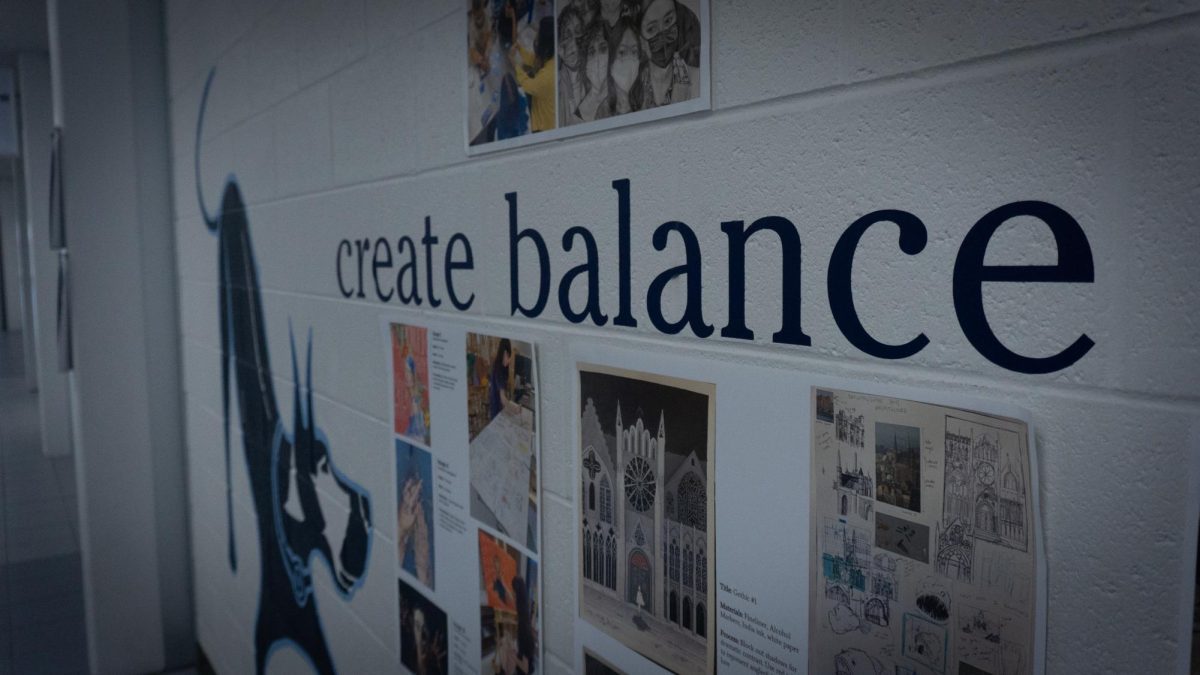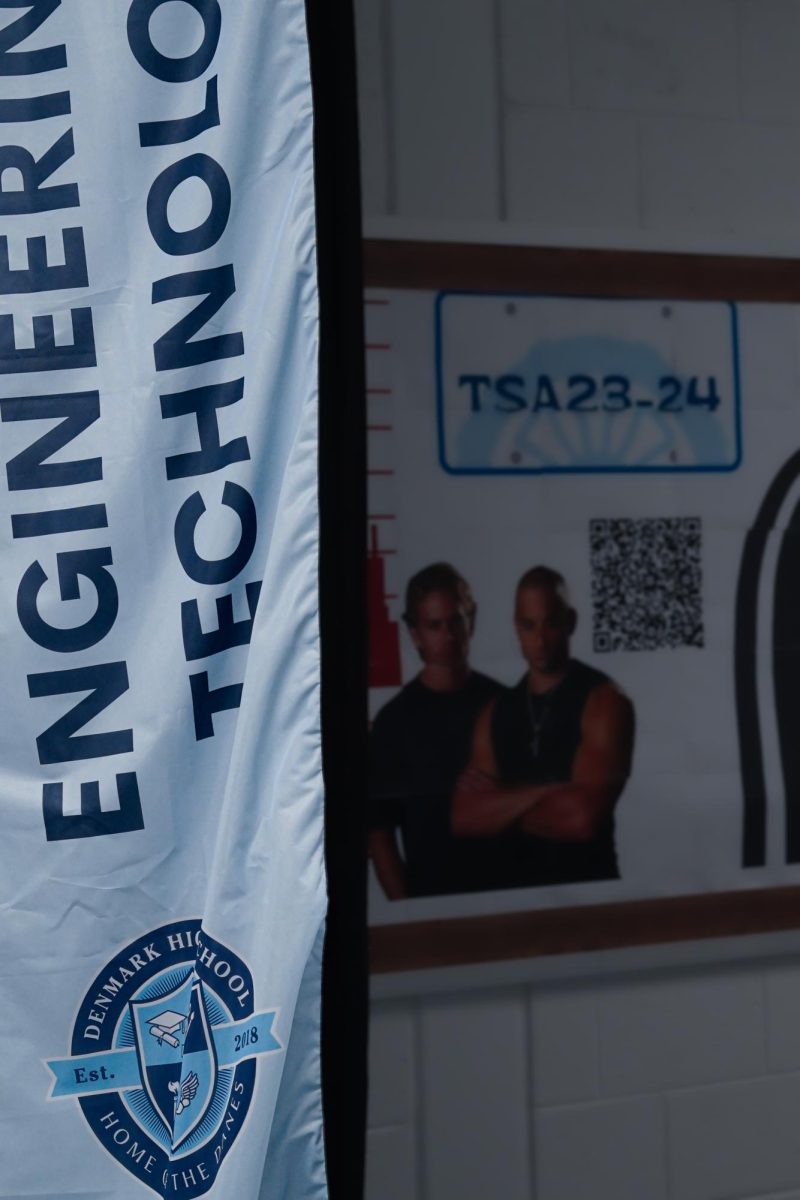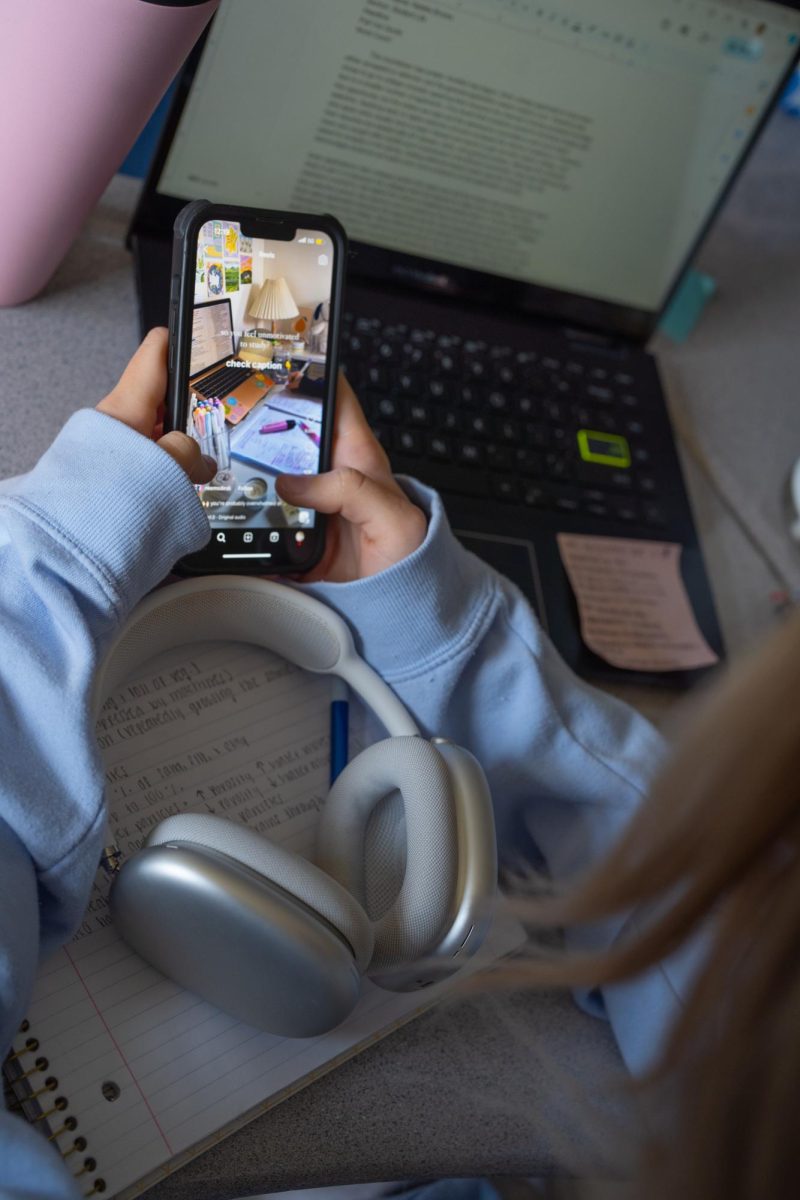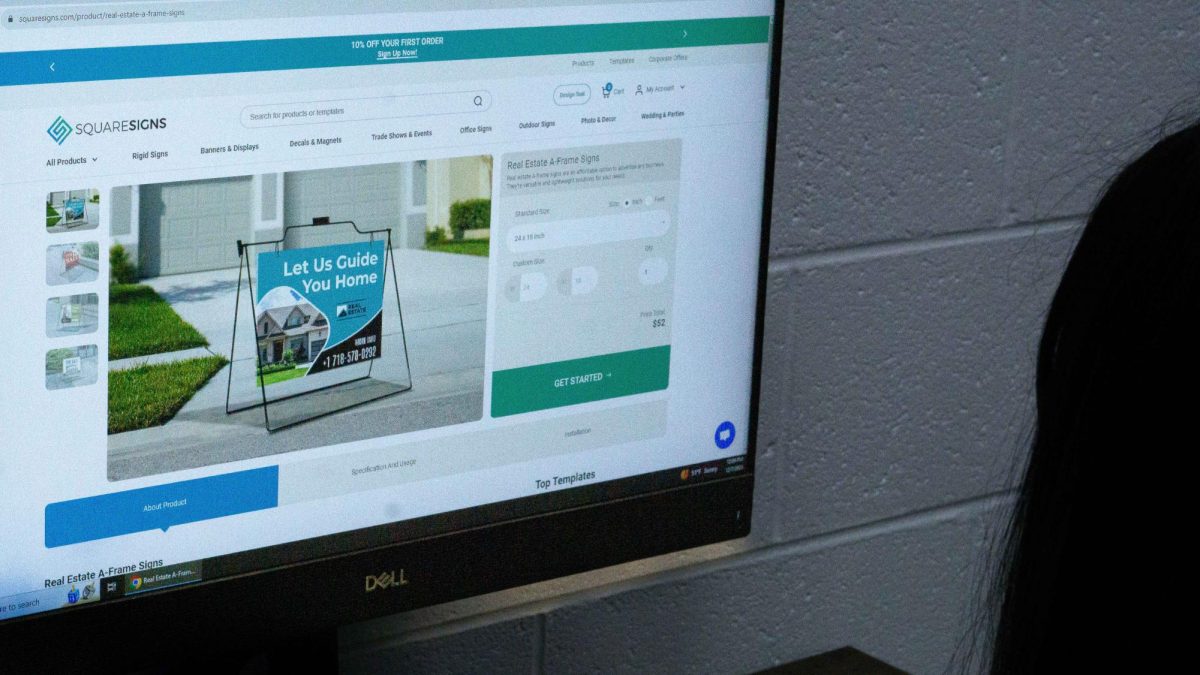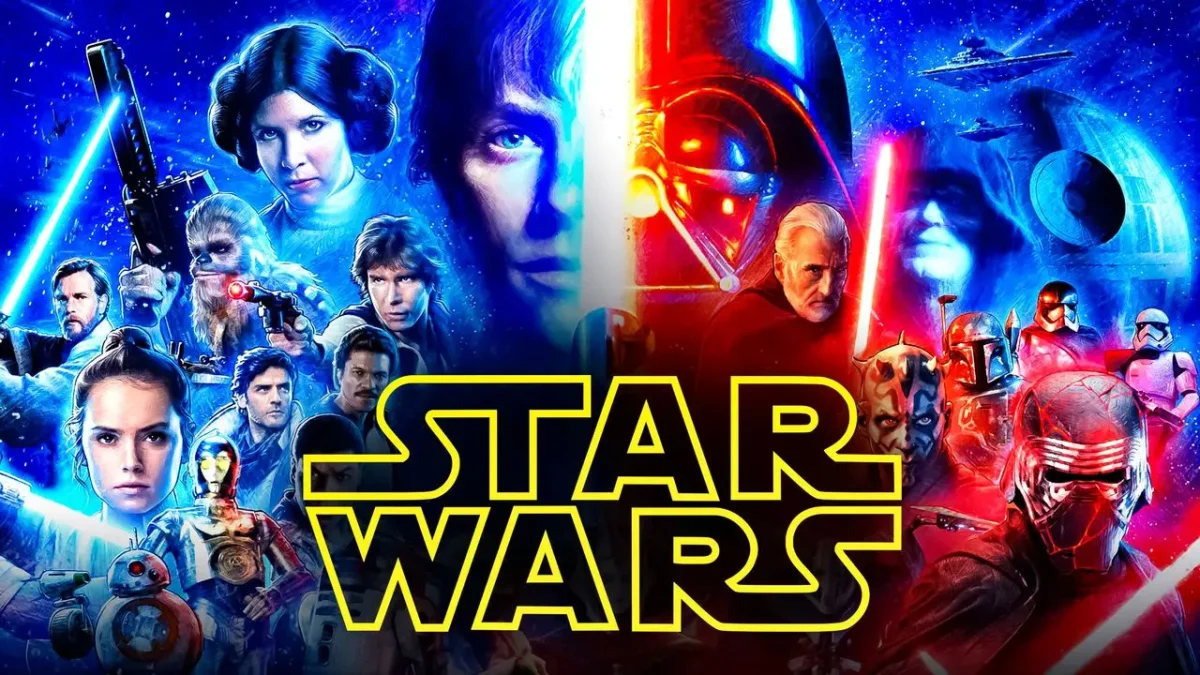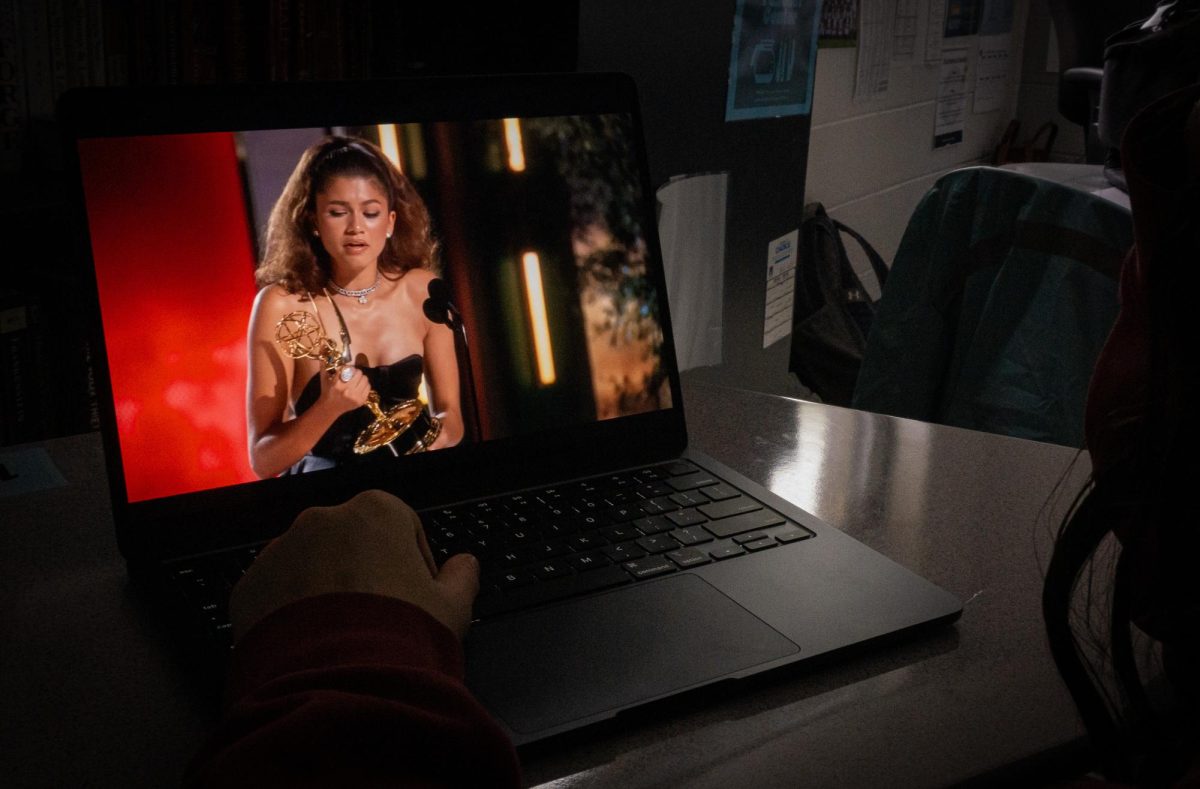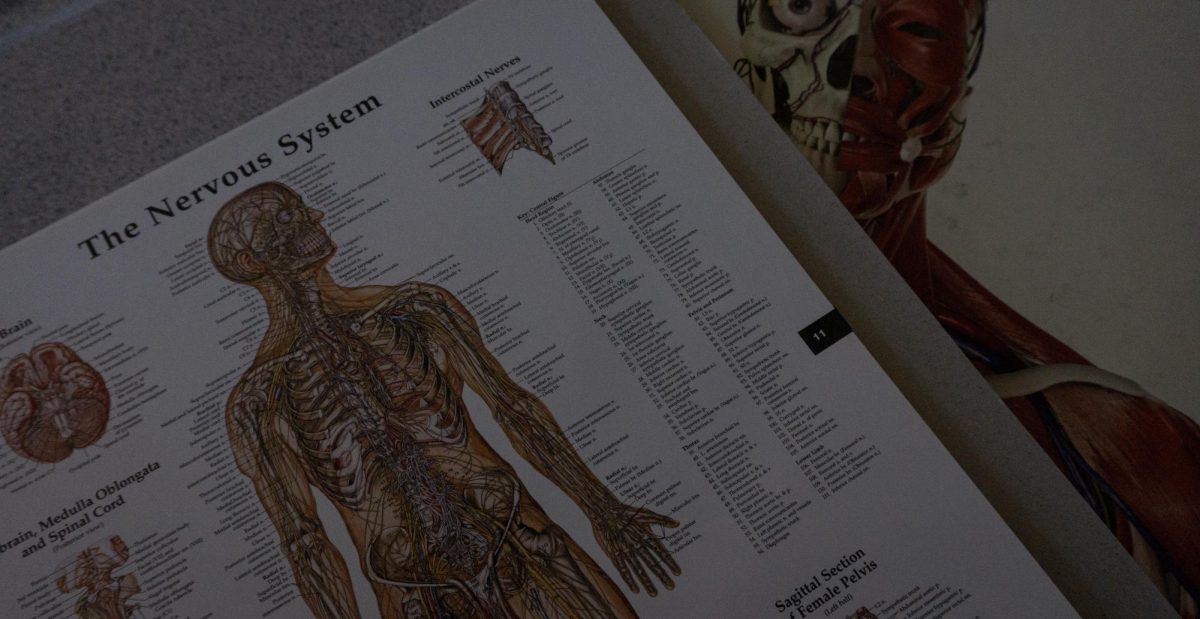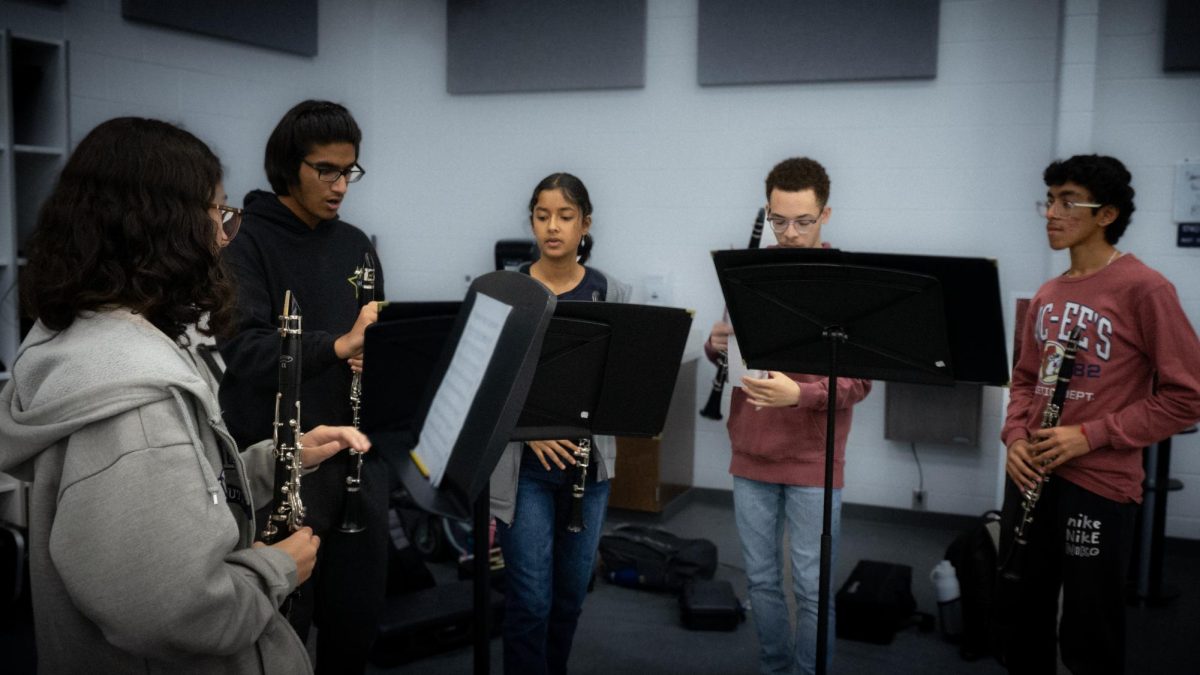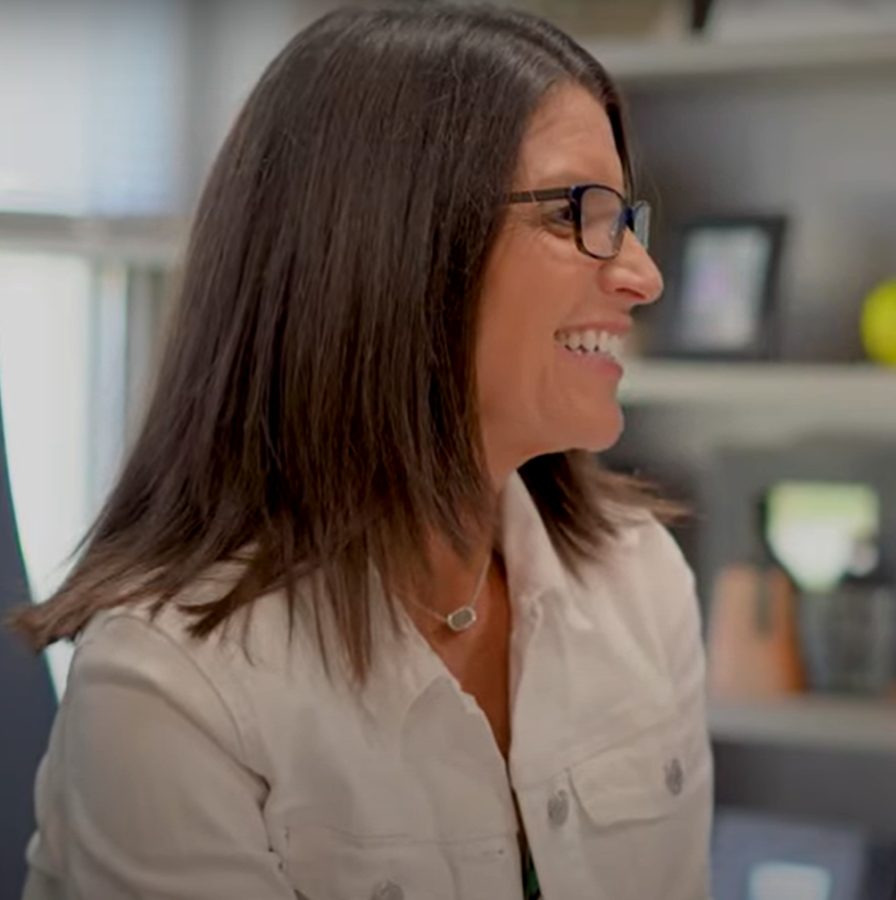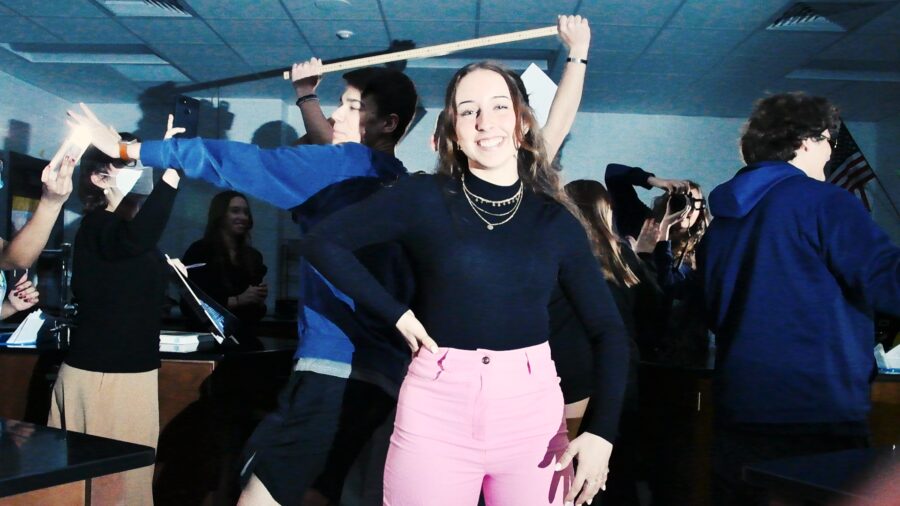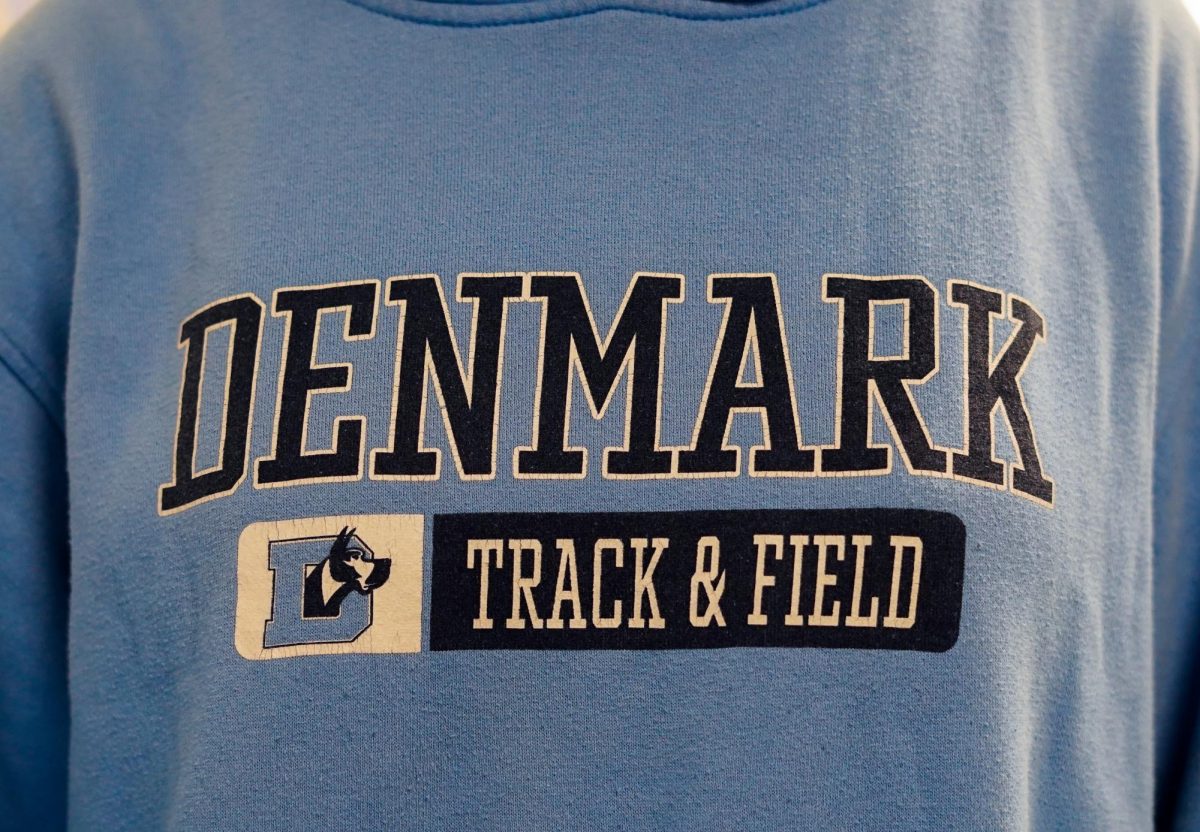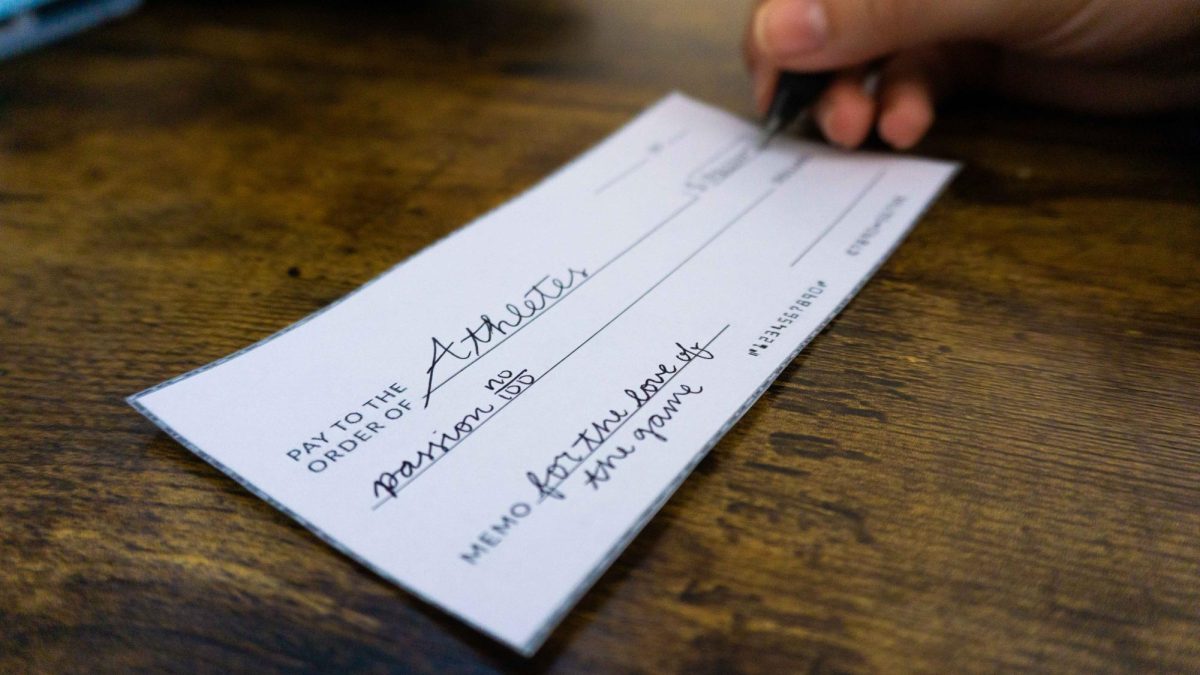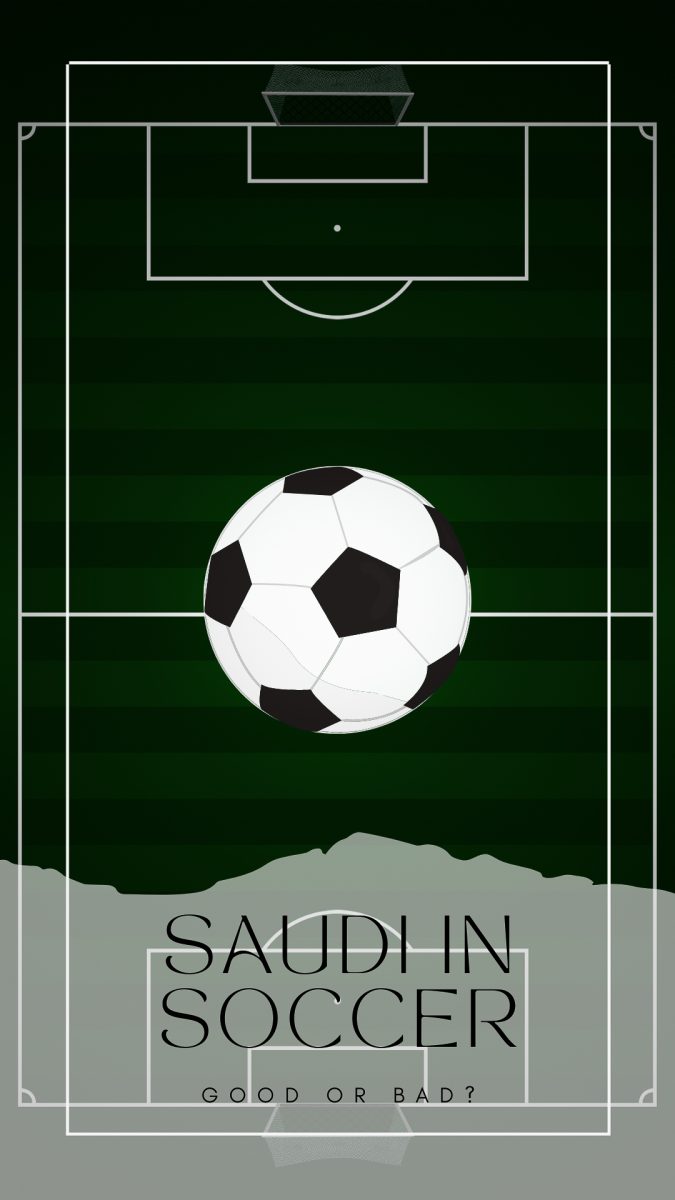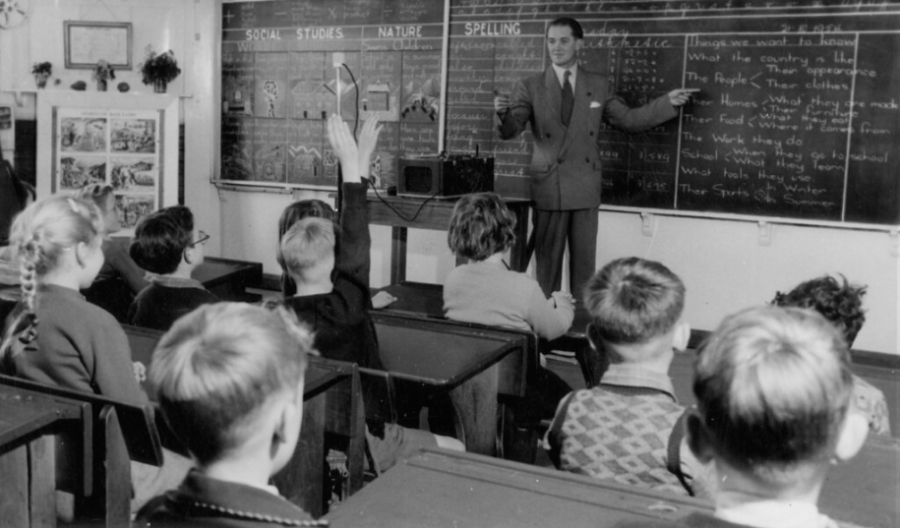The Future of Education
January 20, 2022
What is the purpose behind what we learn? This question has been presented to teachers since the commencement of education. Why do we need to learn imaginary numbers? What’s the motive behind learning about Lewis and Clarke when it was a segment from the past? Why do we need to know what elements are contained in rocks or how volcanoes erupt? The answer to this question has been, and will always be, that the materials taught benefit us in the future. However, what if you aren’t interested in a career where science and math are incorporated? Will the stress and endless hours you spent on homework be worthwhile? That is where alternate academies come into play. Already, we have a considerable amount of schools that incorporate career choice and student interest into their education system. Twenty years from now, will these be the schools we send our children to? Or will the cycle remain the same.
To get to the bottom of this question we must take a look into history. One of the largest controversies about American school systems is whether or not they are based on factory models. It is a known fact that Horace-Man was the master and creator of education, however, the fact that American school systems were inspired by the Prussian model of education is not as widely known. The Prussian system of education was the first system where students were put into categories based on age and knowledge. This system had officially configured education into a fixed system of learning. It is because of this that we learn at a steady pace and the amount of knowledge we obtain is fixed to a certain age. It became known as the “factory-model” based on the popular belief that school was made for factory workers. Truthfully, the Prussian system was created to teach not only education, but also complete obedience and compliance in government systems. Whether or not this was the reasoning for the development of our specific system of education is unknown.
So where does this leave us today? The Prussian styled school system has proved to be a great success in today’s world. Nonetheless many still fear what these systems may be preparing them for. A lifetime of obedience? Fear of failure? Independent study programs, magnet schools, and digital academies are already within our reach. Here, learning is still standardized and important topics such as math and literature are taught alongside business and money. Although such topics are very beneficial to the growth and independence of most high school students, it’s not likely we have the time or resources to discuss them at the time. It’s also not likely teachings like this will be successful. Will the future of education contain separate or more schools like this where math is money management and credit scores? Where mental illness is psychology and health is health care and health insurance? This is the question we face today.
Socol, I. D. (2019, July 29). The Prussian model and the failure of personal ethics. Medium. Retrieved January 20, 2022, from https://irasocol.medium.com/the-prussian-model-and-the-failure-of-personal-ethics-83cf46602c92
Alyson, S. (2021, December 13). The origin of modern schooling. karmacolonialism.org. Retrieved January 20, 2022, from https://karmacolonialism.org/the-origin-of-modern-schooling/


